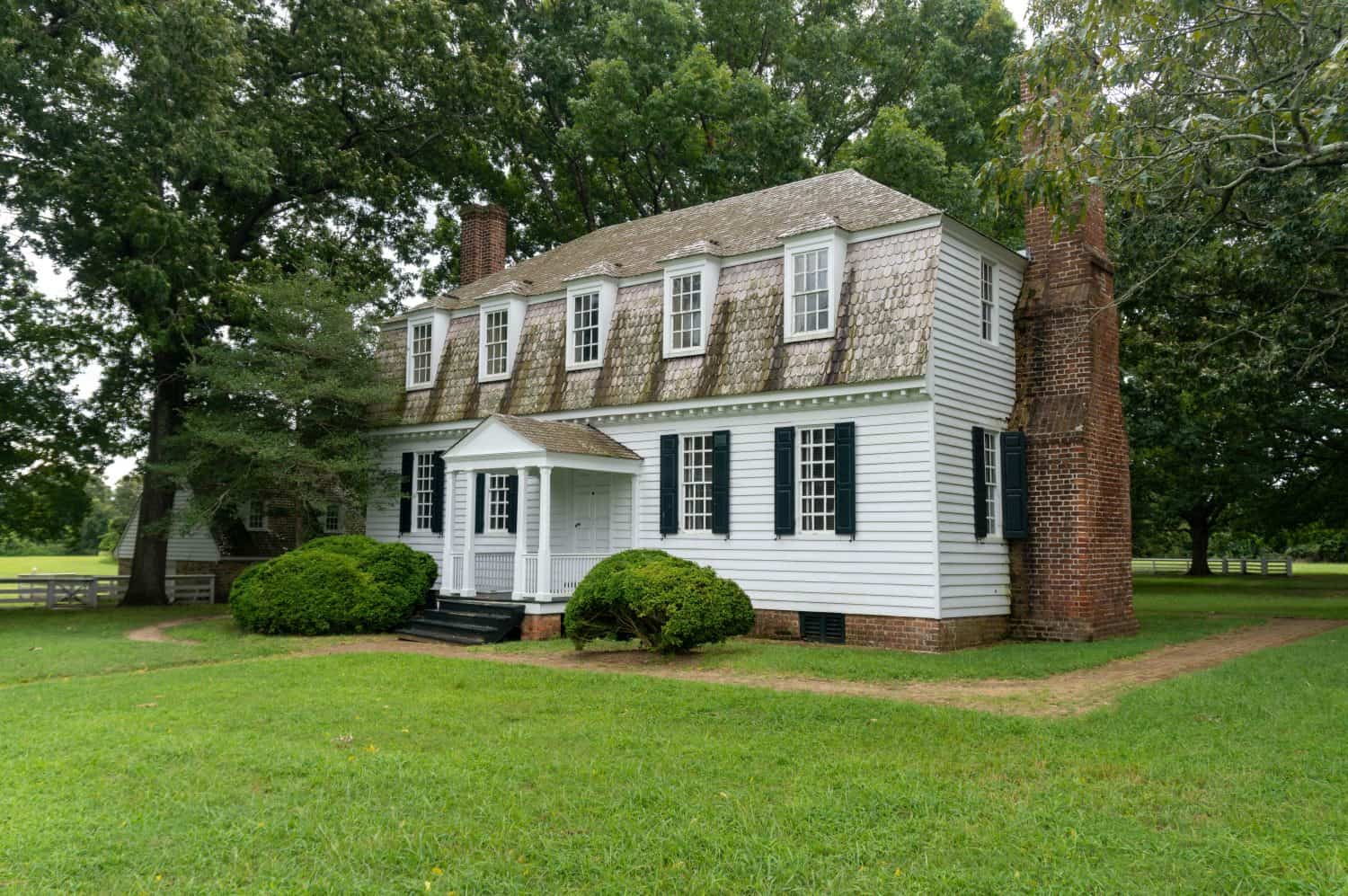Personal Finance
I'm 32 and just inherited $300k from my grandmother and I'm being told to use all of that to buy my house in cash - is that a smart idea?

Published:

Buying a home is not an inexpensive prospect these days. According to the National Association of REALTORS’ most recent data, the median existing U.S. home sale price is $406,100, which marks a 4.7% increase from late 2023. And with mortgage rates hovering around 7%, even a modestly priced home could become expensive to pay for.
Now for many people, signing a large mortgage is the only way to become a homeowner. But what if you have an unexpected windfall to work with?
That’s what happened to the writer of this Reddit post. Their grandmother passed away and left them $300,000. They had $75,000 in savings prior to receiving that money and were in the process of buying a house.
Given their $60,000 income, they’re being encouraged by their parents to buy their home outright in cash and avoid a mortgage. It’s well-intentioned advice, but I have a problem with it.
It’s easy to see the appeal of paying cash for a house. You can avoid the hassle of applying for a mortgage and the pain of paying interest on a mortgage, especially given today’s rates.
But I’m not a fan of paying cash for a home for one big reason. Houses are not exactly liquid assets. They can take a lot of time to sell, and their value can fluctuate based on market conditions.
Because of this, I don’t love the idea of tying up a few hundred thousand dollars — the majority of this Reddit poster’s assets — in a home. I think a safer bet would be for them to make a larger down payment to avoid PMI (private mortgage insurance) and keep their monthly payments manageable. But I would not suggest sinking $300,000 into a home, even if that leaves them with $75,000 in savings.
That $75,000 could go pretty quickly if the home ends up needing a lot of repairs, or if the poster then loses their job and remains out of work for an extended period of time. I’d rather see them use more like one-third of their inheritance for a down payment, and then invest the rest.
A portfolio of stocks could turn the remainder of that inheritance into a large sum of money over time. Also, stocks are fairly liquid, so if a need for cash were to ever arise, stocks would be pretty easy to sell off.
Any time you’re coming into a large sum of money, it’s a good idea to consult a financial advisor for help in managing it. So I’d recommend that this Reddit user talk to a professional about how to best manage their windfall. An advisor can also help them establish an appropriate home-buying budget based on their new financial circumstances, keeping their income and goals in mind.
The last few years made people forget how much banks and CD’s can pay. Meanwhile, interest rates have spiked and many can afford to pay you much more, but most are keeping yields low and hoping you won’t notice.
But there is good news. To win qualified customers, some accounts are paying almost 10x the national average! That’s an incredible way to keep your money safe and earn more at the same time. Our top pick for high yield savings accounts includes other benefits as well. You can earn up to 3.80% with a Checking & Savings Account today Sign up and get up to $300 with direct deposit. No account fees. FDIC Insured.
Click here to see how much more you could be earning on your savings today. It takes just a few minutes to open an account to make your money work for you.
Thank you for reading! Have some feedback for us?
Contact the 24/7 Wall St. editorial team.